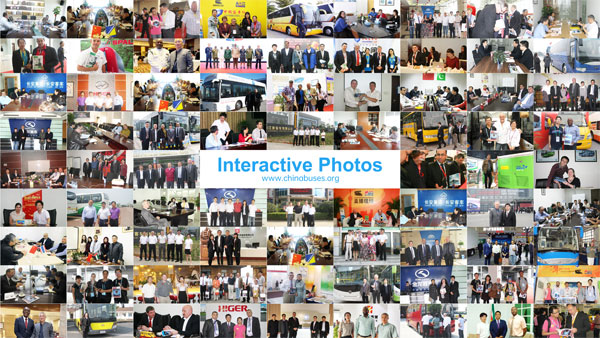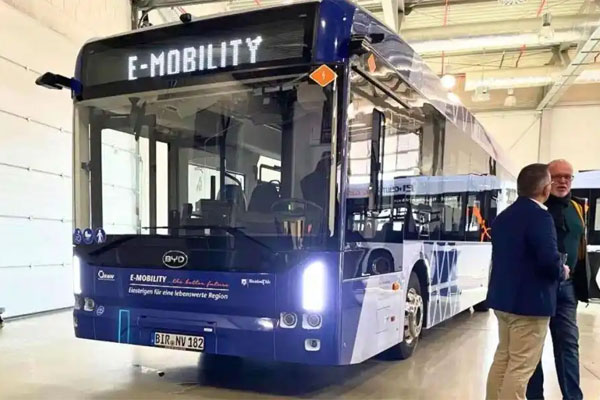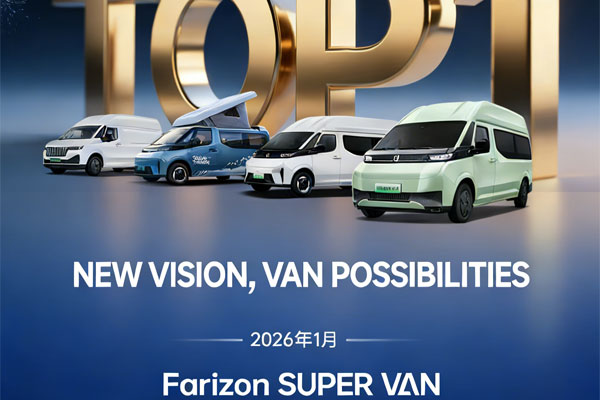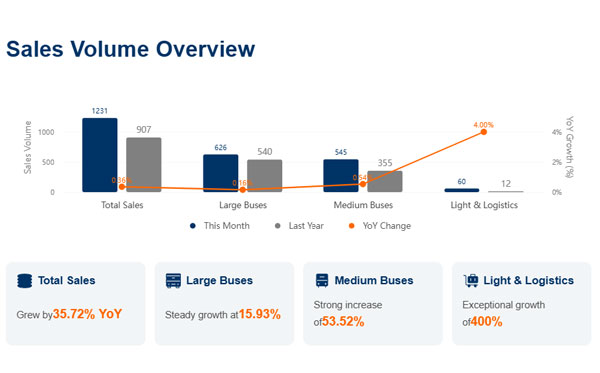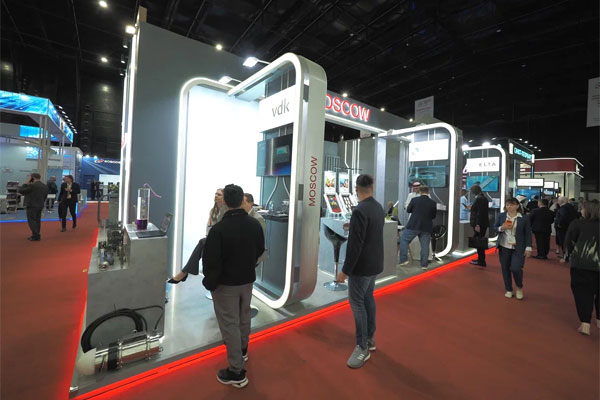Stock market, Inflation Hurt Auto Sales
07 July 2008
In 2007, passenger vehicles sales in China surged 21 percent from 2006.
We are now about half way through 2008. Can we expect to see the same strong growth this year?
The answer is probably not. Growth is still strong, up 18 percent through the first five months of this year. But worrisome trends are growing.
First is the recent fuel price hike. On June 20, the government lifted gasoline prices by an average 16.5 percent to 6.2 yuan per liter ($3.40 per gallon).
A price increase like this will cause many consumers to think twice before placing orders.
A survey conducted in April by Sinotrust, a Beijing-based market research company, shows a 10-20 percent gasoline price rise would lead about 20 percent of prospective car buyers to postpone and 8 percent of them to give up their buying.
Even after the recent hike, fuel prices are still well below the average level on the international market. Many fear there will be another price increase later this year.
Besides the fuel price rise, the sinking stock market is also tempering people's enthusiasm towards having their own cars.
One out of ten in China invests in stocks. Since the beginning of this year, the Shanghai stock market has tumbled 49 percent.
Dealers these days are lamenting that people are canceling their car orders because of the losses they have suffered in the stock market.
"They have lost the money they would otherwise be able to use to buy cars," says a Shanghai-based Suzuki dealer.
About a year ago, my younger brother made a nice bit of money by investing in stocks and he was talking about buying a car. Two weeks ago when I met him, he said he may consider renting a car occasionally.
Inflation in China is still high. In May, the consumer price index went up 7.7 percent year-on-year. The central government has threatened to curb inflation with more interest rate hikes. That's bad news for stock investors as well as car dealers.
Given the unfavorable economic environment, the China Association of Automobile Manufacturers predicts this year's auto sales growth would be around 15 percent.
Mei Songlin, China general manager, J.D. Power Asia Pacific Inc., said annual car sales growth this year could slow down to 10 percent.
What, then, does all this mean to automakers?
While demand has shown clear signs of softening, automakers across China are still ramping up production.
And the result is cutthroat competition and more pressure on profits.
Source : english.chinabuses.com
Views:3970



